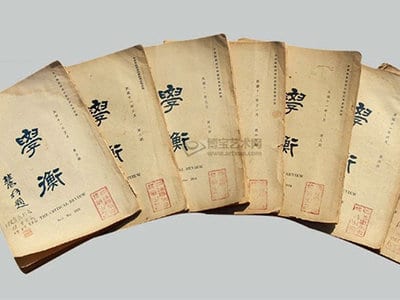Teaching Fellow, Master of Arts Program in the Humanities University of Chicago
“The Therapeutic Text”
Time: Friday, May 19, 3:00-5:00 pm CT
Location: CEAS 319 (1155 E. 60th St.)

Abstract: Jin Shengtan’s (1608–1661) Sixth Work of Genius (1656), his heavily edited and annotated edition of Wang Shifu’s wildly popular play Story of the Western Wing (late 13th c.), has long been appreciated from the standpoint of drama criticism. Literary scholarship’s traditional emphasis on genre, however, tends to relegate the multi-generic and extra-literary features of Jin’s commentary to the sidelines of interpretation or subordinate those features to drama as we know it. This is especially problematic given that Jin Shengtan’s commentary on the Western Wing painstakingly associates this work with other genres of writing and, moreover, with a variety of Buddhist texts, practices, and ideas. Taking Jin’s commentary on book 4, act 2, “Interrogating the Amorous” 拷艷 as a case study, this paper considers what it might look like to read the dramatic text not as a representative of its genre, but as an aesthetic form that affords certain forms of subjective experience. Jin Shengtan’s commentary intrusively reworks the form of this act to engage its latent therapeutic potential through association with other literary works as well as, I argue, the Buddhist practice of repentance (chanhui 懺悔). The outcome of Jin’s commentarial reworking is a hybrid textual form, neither purely literary nor strictly religious, which I describe as the therapeutic text, the potential of which is activated through the reader’s aesthetically mediated apprehension of a certain kind of embodied subjectivity, identifiable with the Buddhist truth-body. This hybrid textual category offers a new lens through which to examine Jin’s commentarial works. At the same time, proposing form as an alternative to genre invites new approaches to engaging with literary works in intellectually and artistically experimental, genre-bending contexts.
Presenter: Alia Goehr received her PhD from the Department of Comparative Literature in 2021 and is presently a Teaching Fellow in the MA Program in the Humanities. Starting in September of this year, she will be an assistant professor in the Department of Asian and Middle Eastern Studies at the University of Minnesota, Twin Cities. Her work, beginning with a book project tentatively titled “Bodies of Truth,” looks beyond the secular humanist assumptions of modern literary studies to consider how Chinese literary works informed by diverse spiritual worldviews might open onto alternate understandings of embodied subjectivity.
Discussant: Pauline Lee is Associate Professor of Chinese Thought and Cultures at Saint Louis University, and co-director for the program Lived Religion in the Digital Age. She is the author of Li Zhi, Confucianism, and the Virtue of Desire (SUNY Press, 2012), and with Rivi Handler-Spitz and Haun Saussy, is co-editor of A Book to Burn and A Book to Keep (Hidden) (Columbia UP, 2016). Her present major project examines changing views of play in China.


